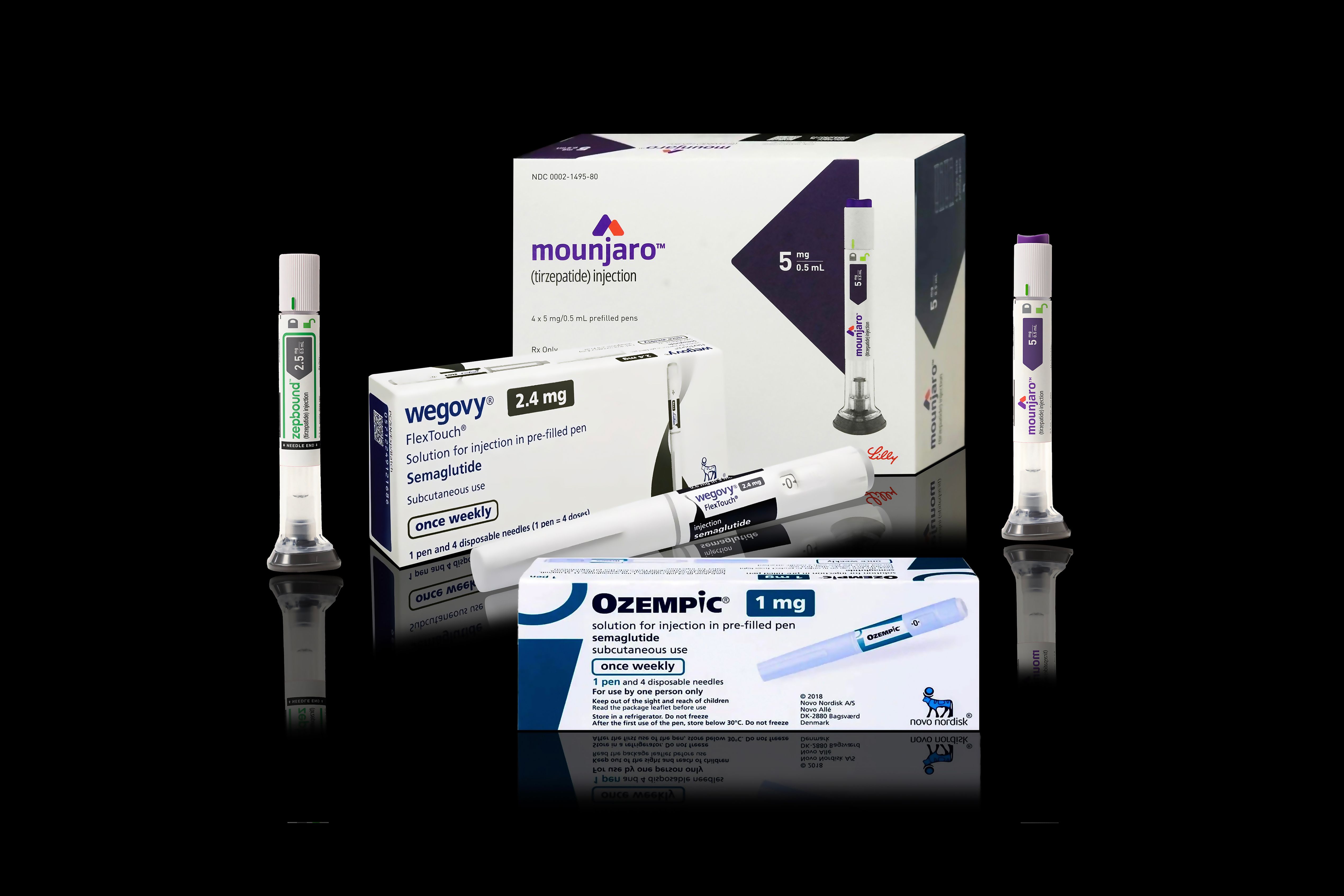
- Clinical Technology
- Adult Immunization
- Hepatology
- Pediatric Immunization
- Screening
- Psychiatry
- Allergy
- Women's Health
- Cardiology
- Pediatrics
- Dermatology
- Endocrinology
- Pain Management
- Gastroenterology
- Infectious Disease
- Obesity Medicine
- Rheumatology
- Nephrology
- Neurology
- Pulmonology
ASCO 2025: GLP-1 Receptor Agonists Linked to Modest Reduction in Obesity-Related Cancer Risk
GLP-1 receptor agonists showed promise in lowering obesity-related cancer risks in adults with type 2 diabetes, particularly colorectal cancer.
©Ole/AdobeStock

Use of glucagon-like peptide-1 receptor agonists (GLP-1 RAs) in adults with obesity and type 2 diabetes was associated with a modest reduction in the risk of developing obesity-related cancers, particularly colorectal cancer, compared with use of dipeptidyl peptidase-4 (DPP-4) inhibitors, according to findings from a large observational study to be presented at the 2025 American Society of Clinical Oncology (ASCO) Annual Meeting.¹
The study analyzed data from 170 030 adults with a body mass index (BMI) ≥30 kg/m² and a diagnosis of diabetes, drawn from 43 health systems in the United States between 2013 and 2023. Half of the cohort initiated treatment with a GLP-1 RA and the other half with a DPP-4 inhibitor. The average age was 56.8 years, and the average BMI was 38.5 kg/m². Approximately 50% were women, over 70% were White, and more than 14% were Black.
Using a target trial emulation design and propensity score matching to reduce confounding, the researchers found that patients in the GLP-1 RA group had a 7% lower risk of developing obesity-related cancers and an 8% lower risk of all-cause mortality compared to those treated with DPP-4 inhibitors.¹
Among the GLP-1 RA group, 2501 new cases of obesity-related cancers were identified, compared to 2671 cases in the DPP-4 inhibitor group. Subgroup analysis showed that women receiving GLP-1 RAs had an 8% lower risk of obesity-related cancer and a 20% lower risk of death from any cause compared to women treated with DPP-4 inhibitors. No statistically significant differences were observed in men.
The use of GLP-1 RAs was particularly associated with reduced incidence of colorectal cancers, with 16% fewer cases of colon cancer and 28% fewer cases of rectal cancer compared to the DPP-4 inhibitor group. The GLP-1 RA cohort also did not show elevated risk for any of the 14 obesity-related cancers examined.
“These data are reassuring, but more studies are required to prove causation,” lead study author Lucas A. Mavromatis, ScB, a medical student at the NYU Grossman School of Medicine in New York, said in a press release. He noted that GLP-1 RAs, widely used to manage diabetes and obesity, have not previously been shown to affect cancer risk.
Future research will aim to assess long-term outcomes beyond four years and evaluate whether GLP-1 RAs may reduce cancer risk in populations without diabetes.
Reference: GLP-1 Receptor Agonists May Modestly Reduce Risk of Fourteen Obesity-Related Cancers for People with Diabetes. News release. ASCO. May 22, 2025. Accessed May 28, 2025. https://www.asco.org/about-asco/press-center/news-releases/glp-1-receptor-agonists-may-modestly-reduce-risk-obesity-related-cancers-people-with-diabetes
2 Commerce Drive
Cranbury, NJ 08512
All rights reserved.